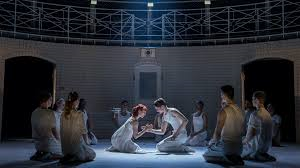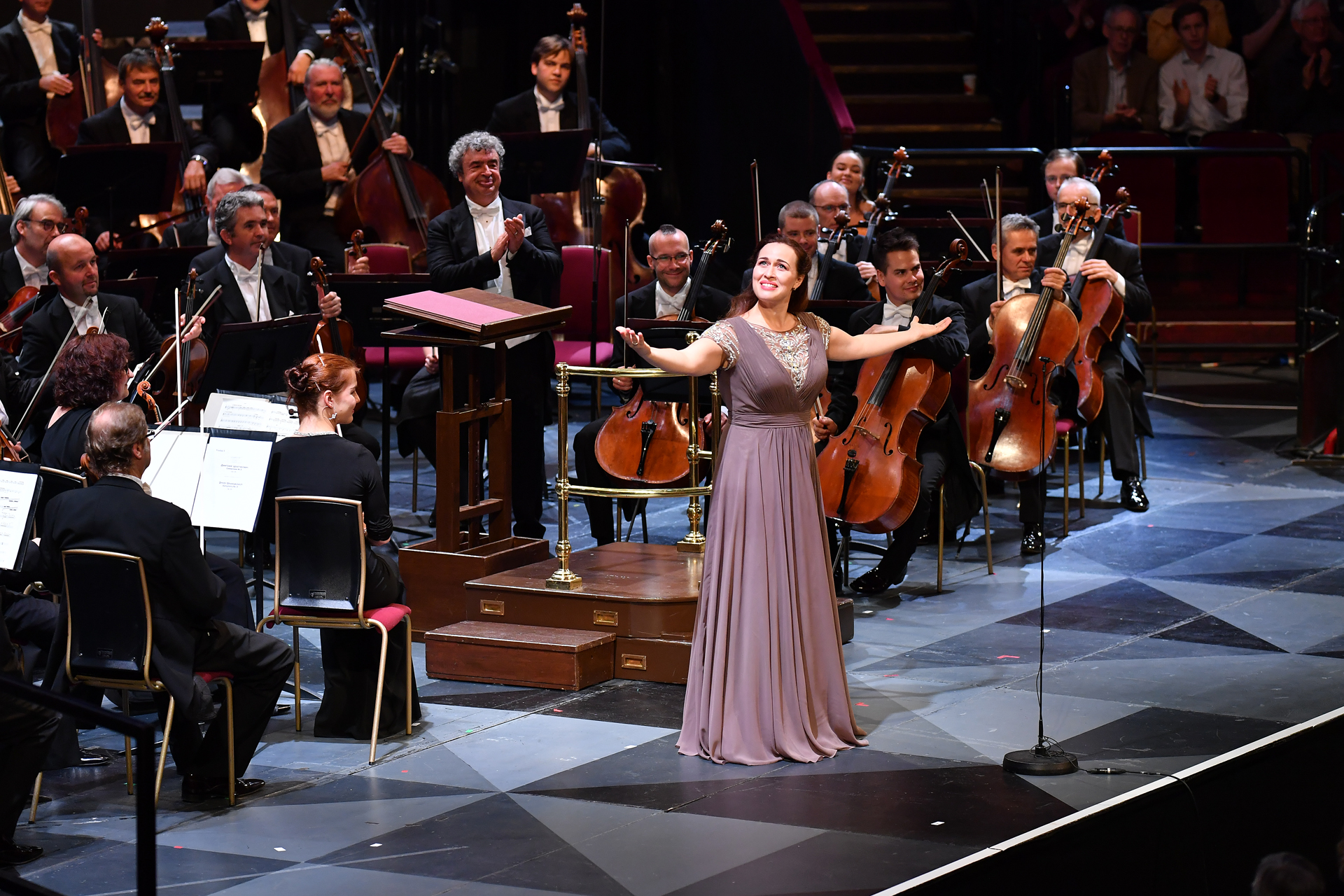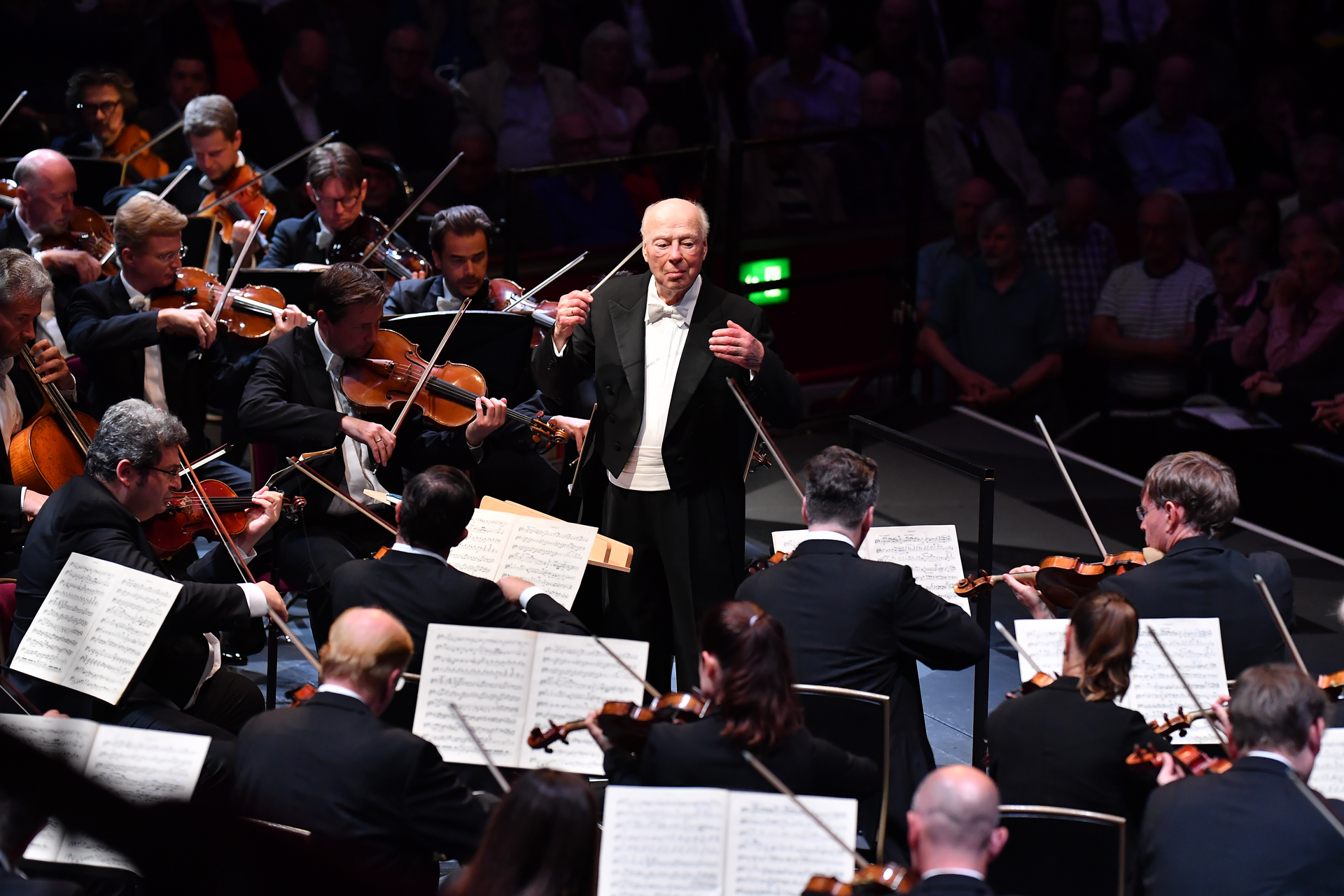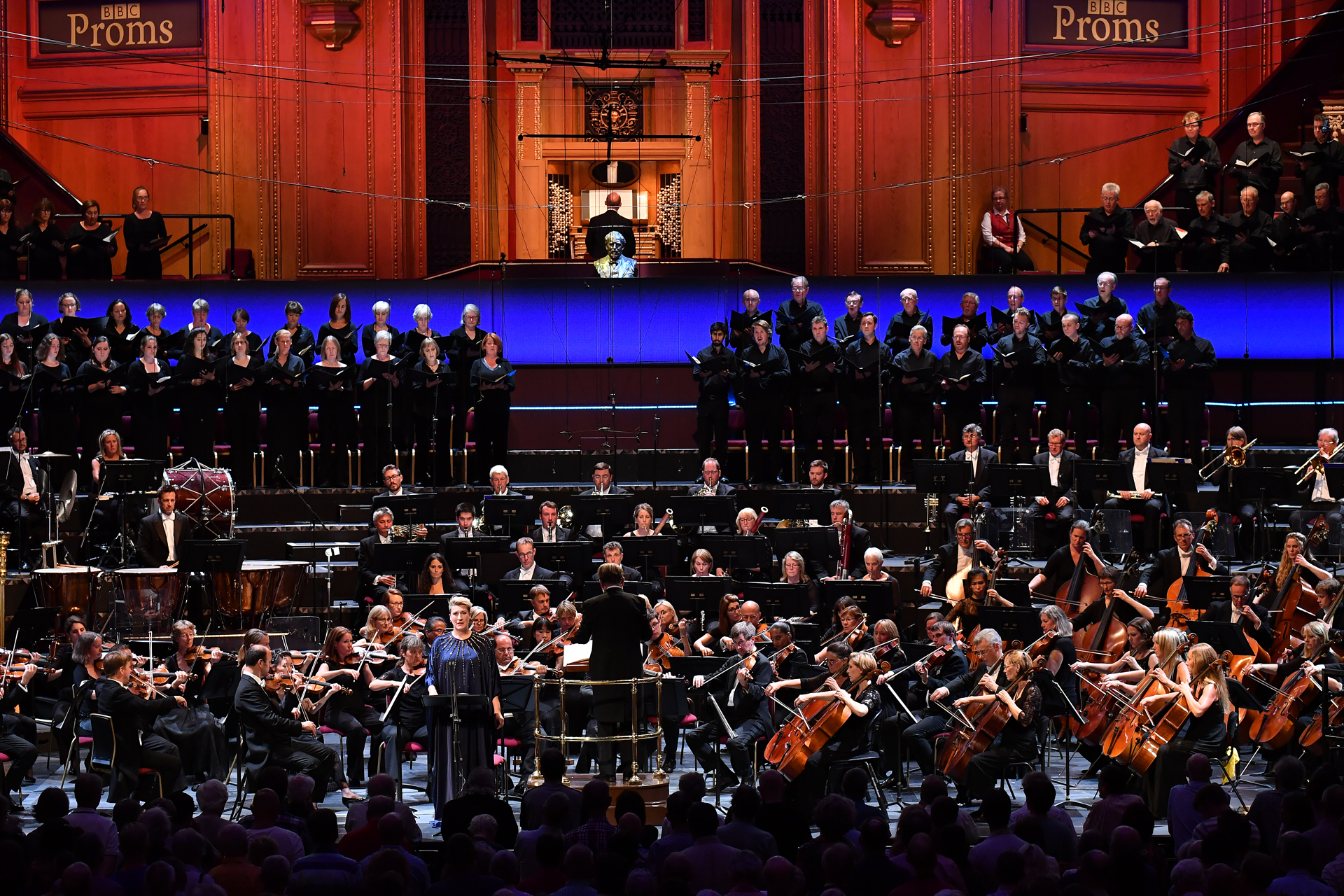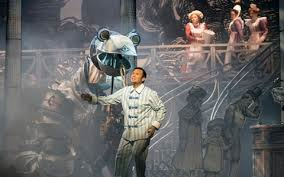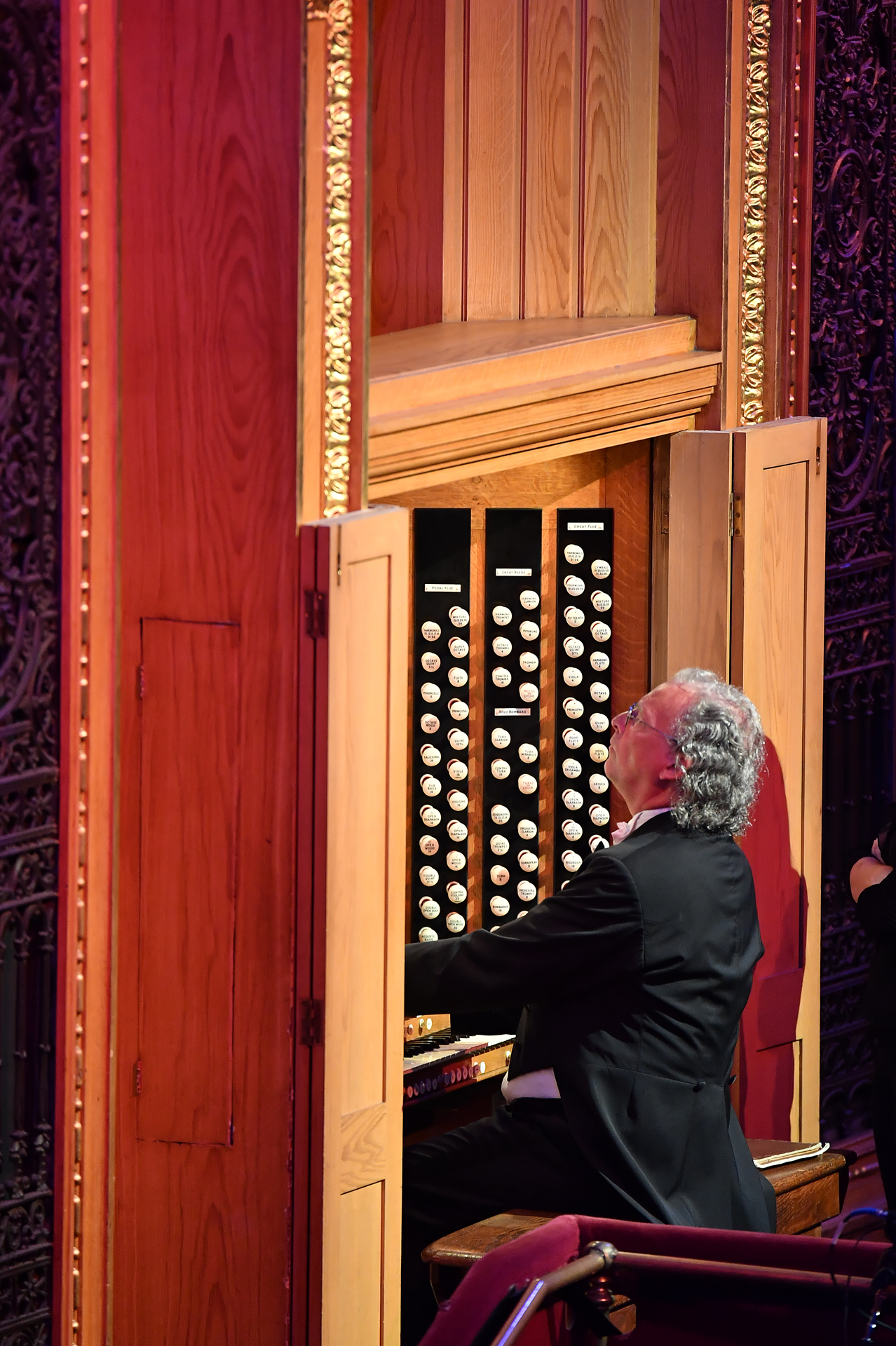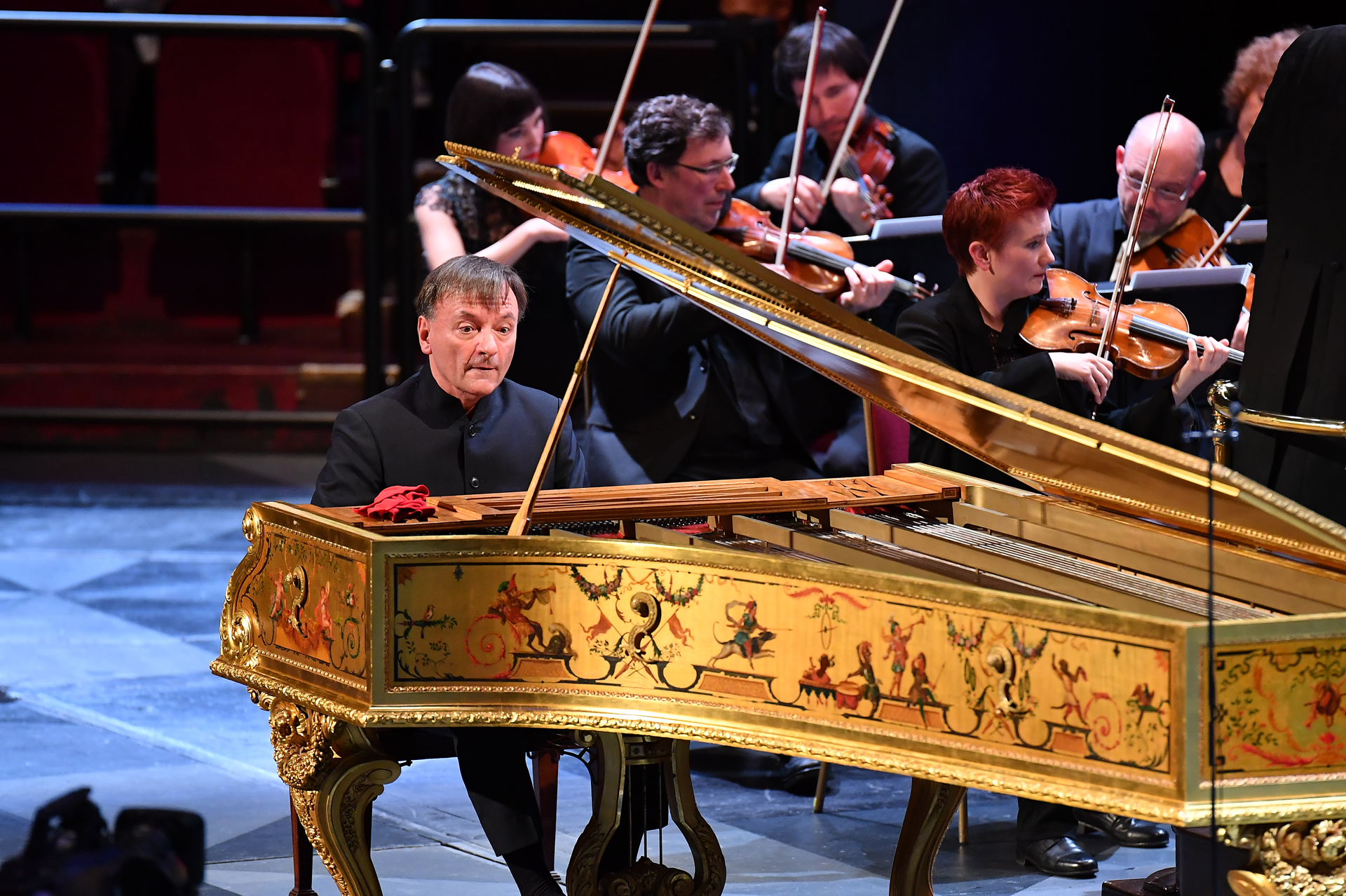Friday 30 August 2019
With over fifty events across three days any attempt to sum up this summer’s Hastings Litfest is bound to fail, if in no other way than its inability to do justice to the vast number of people involved and the range of events which have genuinely engaged as wide a range of interests as possible. I was able to get to five events and nobody could have been at all of them given that many overlapped or were in highly disparate parts of the town.
I started, fittingly as it turned out, in the basement of the White Rock Hotel. It was very hot, claustrophobic and entirely in keeping with David Lewis’ talk on the rise of Adolf Hitler from failed Lance-Corporal to would be world dictator. David Lewis is an expert on the Third Reich but here he was concentrating on the catastrophic effect of Hitler’s experiences in the trenches of WWI and the way in which his treatment – particularly the use of hypnotism – was to change his sense of purpose for the rest of his life. The outcome – all too cliché-like – is history.
Returning to the daylight, I moved on to St Mary-in-the-Castle for a biographical talk on George Orwell given by his son Richard Blair. This was fully illustrated but kept closely to factual information, only expanding at times for a few more personal details – the sort of thing one might have hoped were indulged in a little more frequently. While there was reference to Animal Farm and 1984 there was no literary comment which seemed strange given that this was the main focus of the festival.
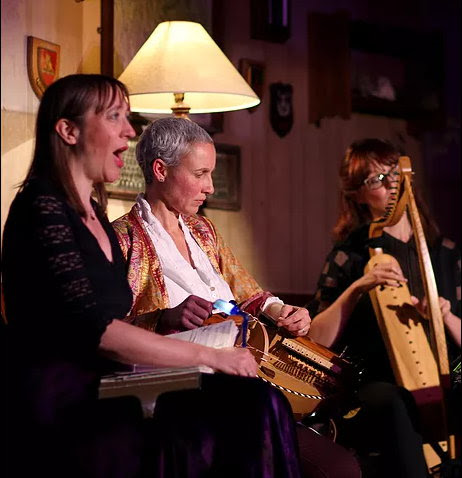
That evening, in the Opus Theatre, The Telling presented Unsung Heroine – an imaginary reconstruction of the life of Beatriz de Dia, one of the very few thirteenth century female troubadours. The music was splendid, with Joy Smith playing medieval harp and percussion, and Giles Lewin on medieval bagpipes and fiddle. The range of emotions created was impressive given the tightly controlled format for both dances and songs, which were sung by Clare Norburn and Ariane Prussner. While the presentation was excellent we were literally in the dark as to the texts, for the lighting was so low that we could not see the texts printed in the programme. This was a pity for it took the edge off an otherwise highly engaging evening. It was also one of the best lit productions the Opus has presented. Linking narration was presented by Anna Demetriou taking on the persona of all the characters involved.
Saturday 31 August 2019
The Inaugural Catherine Cookson lecture was given at the Opus Theatre on Saturday afternoon by author Kerry Hudson, introduced by Dr Irralie Doel. In the event the introduction was far more important than is often the case. Dr Doel set the tone not only for this individual lecture but for the next five years. Working Class writers are seriously underrepresented in the catalogues of publishers and Women Working Class Writers even more so. She made an excellent case for the fight to ensure their voices are heard and introduced Kerry Hudson as a superb current example of a writer who is able to draw on her background and communicate with ease both emotionally and intellectually. Kerry Hudson used her lecture not only to fill in some of her working class background and the severe struggles she had in her early years but also to demonstrate how the working class voice can communicate across social divides. She stressed the need for readers of all walks of life and for the literature of the working class to appeal to all levels of society. The examples she read were deeply moving as well as immediate. The link with Catherine Cookson was firmly made, not only in the historical links to Hastings but also to the line of working class writers including Robert Tressell.
As the first in what could prove to be a very valuable addition to our literary life in Hastings, this set an extremely high standard for others to follow.
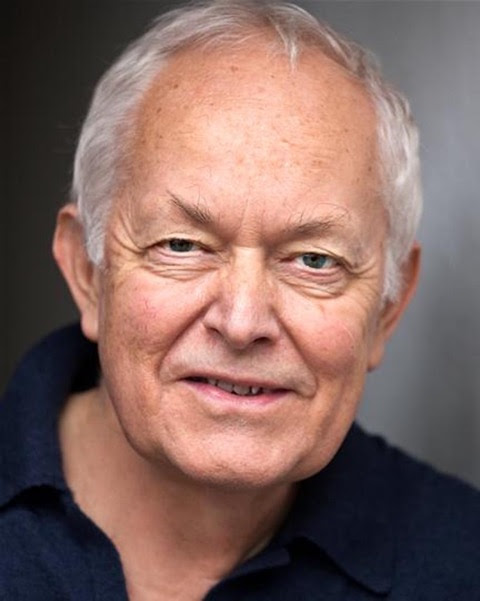
Later in the evening Michael Pennington came to give us Sweet William, his one man show that gently mixes the facts – or those few that are known – about Shakespeare with his own considerable experience as an exponent of the Bard. His story unfolded chronologically but managed to get in more than a few personal anecdotes along the way, keeping us on our toes with the remarkable correlation between Shakespeare’s time and our own. He quoted liberally, and to great effect, but always within the context of the narrative, never simply for the sake of doing so. Those of us who have seen him in Shakespeare over the last half-century would have easily stayed for twice the length of time he was allowed. It was a masterly and highly satisfying evening and I am glad to say that there is a DVD available for those who were unable to attend.
With so many events, others will be able to tell a very different story of their encounters with literature over the three days – I am just glad to have been a part of it.

